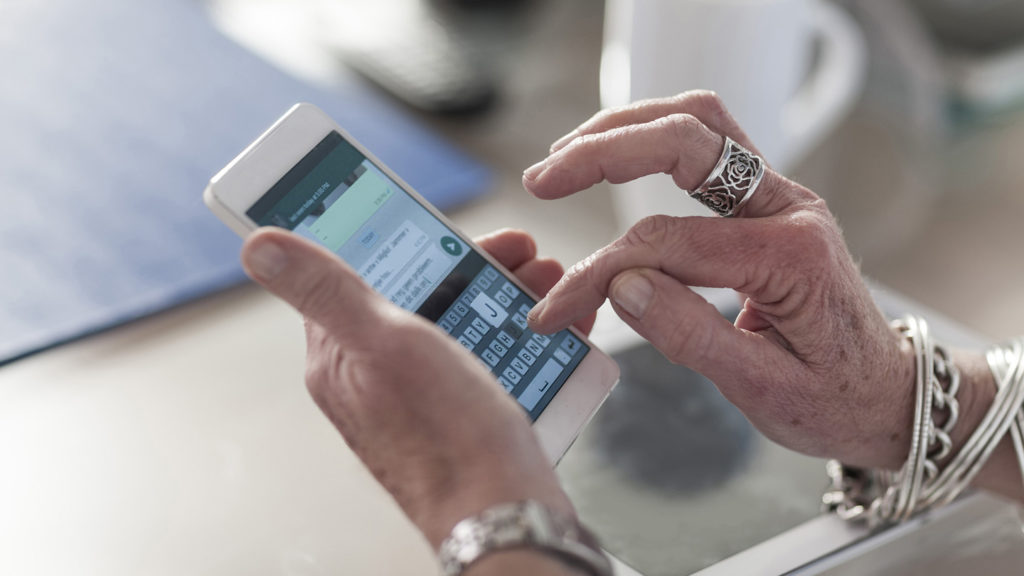
Many senior living operators are starting to include programs to help residents better understand health tech solutions. But that begs the question: What kind of assistance is out there for older adults to understand health concepts overall?
A new start-up aims to use artificial intelligence to simplify medical jargon and technical documents such as health reports and imaging results into “easily digestible content” and “comprehensible narratives.”
“A tangle of healthcare data is holding us back,” the company states on its website. “We’re living in a world where health information is stuck behind walls of complex medical jargon and overwhelming statistics. It’s a labyrinth few can navigate.”
The start-up, SayHeart, is in its Minimum Viable Product stage and is aimed to assist both patients and their clinicians understand and discuss health concepts.
Among older adults, health literacy is a major issue. A major health study of health literacy in those aged 65 or more years found that a majority had “low” health literacy, and only 3% had a “comprehensive” understanding of terminology.
More recent studies have corroborated those findings and found that, among older adults, secondary effects of low health literacy include fewer attempts at obtaining preventive care. Seniors with low health literacy were more likely to report their health as poor, were less likely to take preventive measures such as flu shots or Pap smears, and were more likely to lack health insurance, one study noted.
One population of seniors whose health literacy is particularly lacking are those with Medigap coverage, McKnight’s Long-Term Care News has reported.
When launched, the SayHeart software will be smartphone accessible. In addition to simplifying medical language, the AI will be able to predict potential health issues and compose data visuals to “tell your health story,” the company’s website shows.
The goal is to launch SayHeart by August and begin conducting pilot studies in Malaysia and Singapore, the company states.


